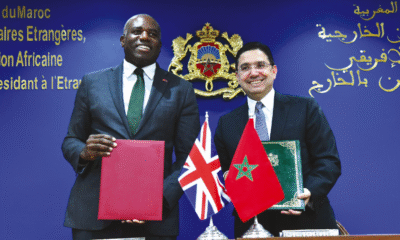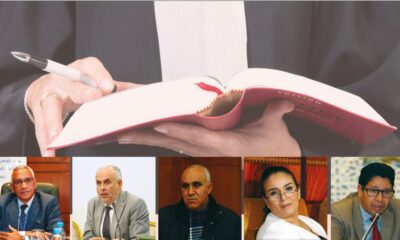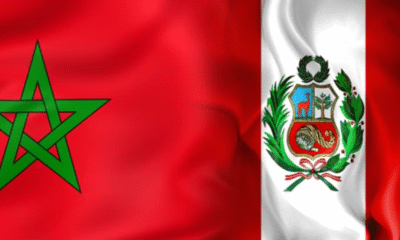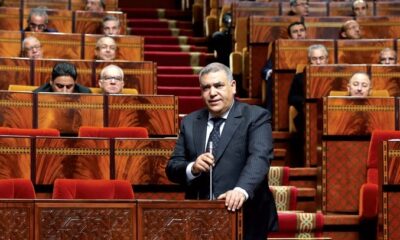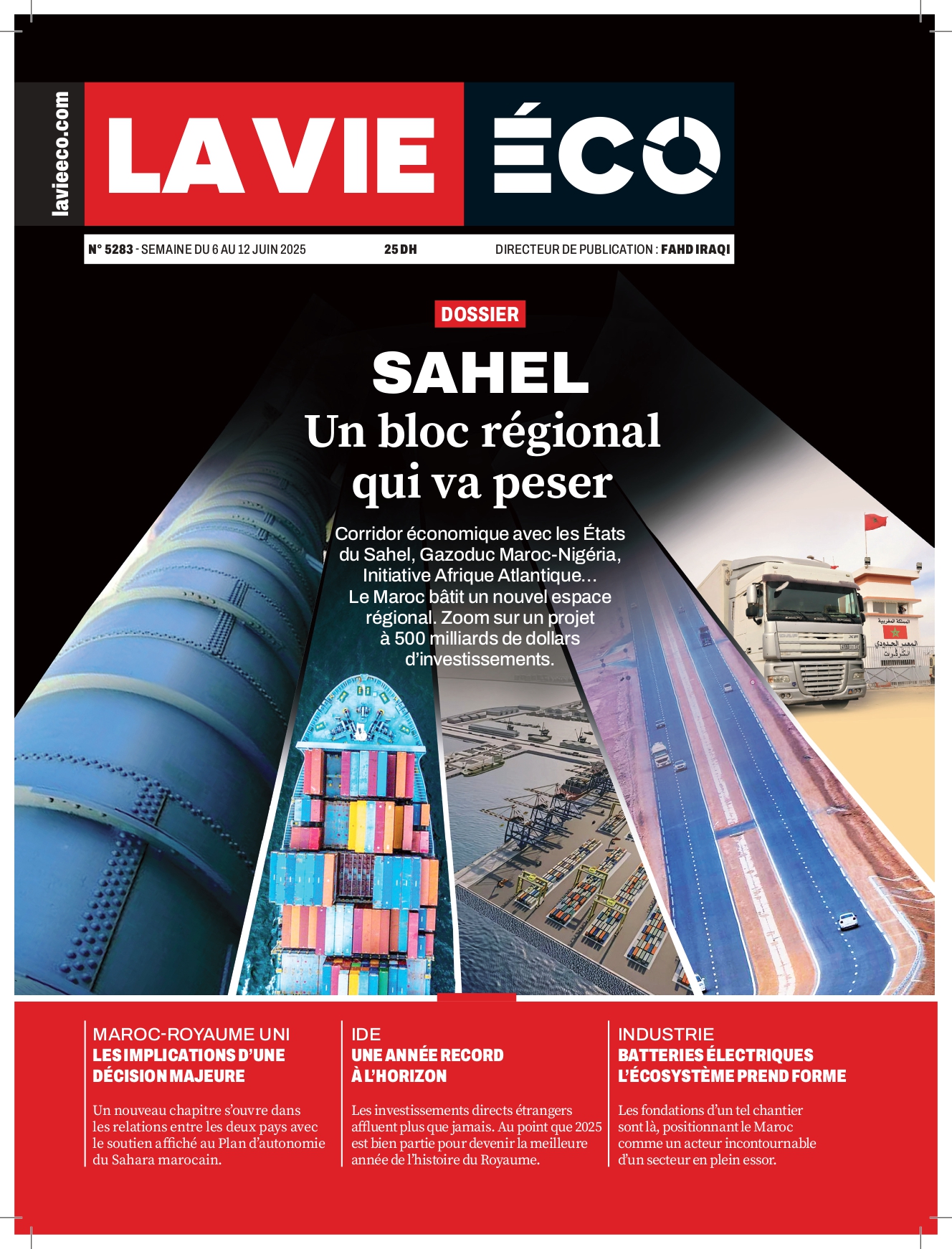Kingdom
Moudawana Reform: Taking Shape, Legislative Phase to Follow
The proposals cover marriage, divorce, inheritance, child custody, and the sharing of assets acquired during the marriage. Not addressed are the use of genetic expertise, the repeal of the Taâssib rule, and inheritance between Muslims and non-Muslims.
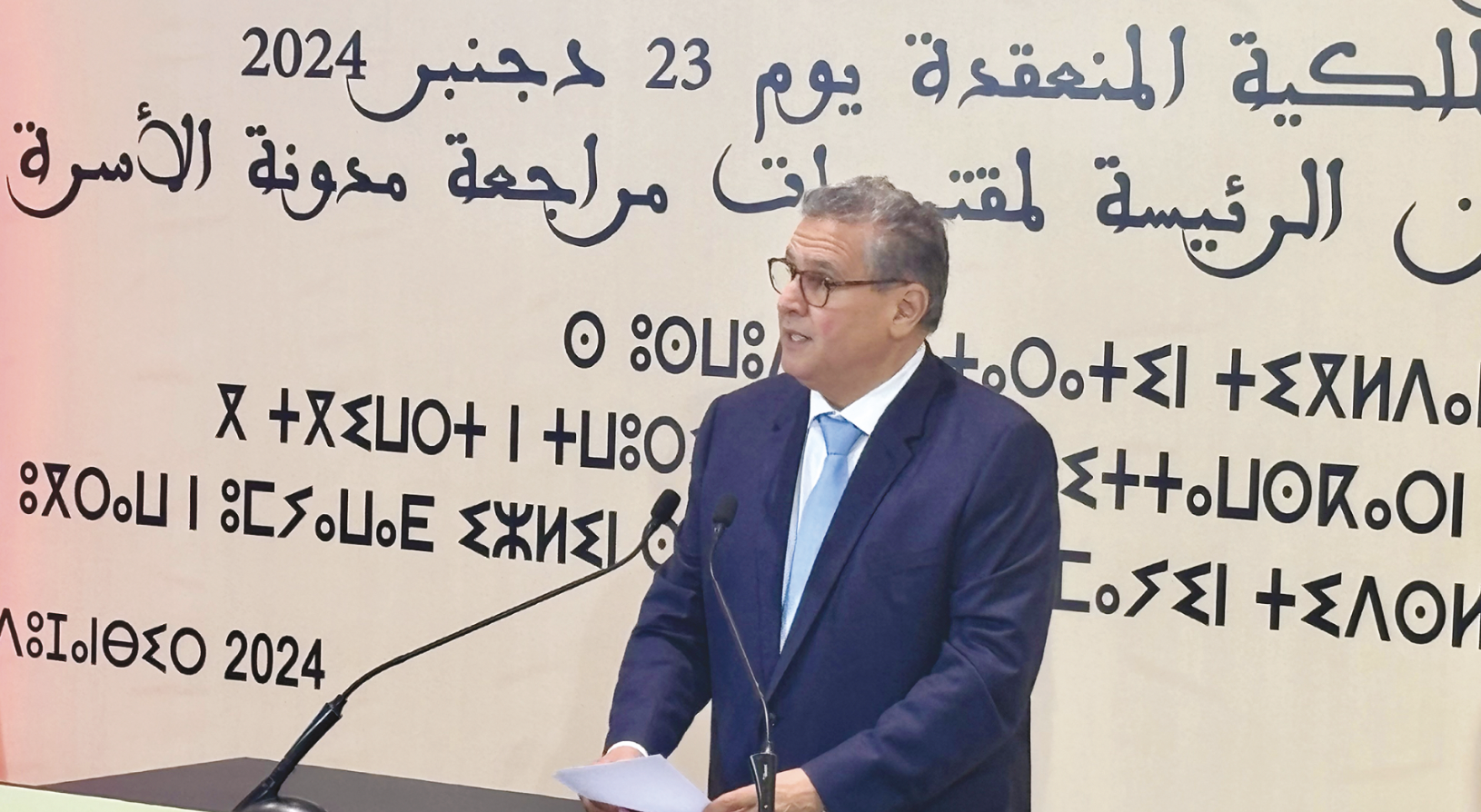
King Mohammed VI approved, on Monday, December 23, the proposals submitted to him by the Supreme Council of Oulema for the revision of the Moudawana. This step comes after the Instance responsible for reforming the Family Code submitted, last March and within the six-month deadline set by the Sovereign, a report containing 139 revision proposals. These proposals aim to reconcile the changes in Moroccan society with the religious constants of the Kingdom.
His Majesty the King referred the seventeen proposals related to religious texts to the Council of Oulema for a legal opinion. It is important to note that this opinion follows the royal arbitration that prioritizes the fundamental principles of Islam, particularly the principle of “not forbidding what is allowed nor allowing what is prohibited.”
Furthermore, as emphasized by Ahmed Toufiq, Minister of Endowments and Islamic Affairs, the Oulema’s proposals offer Sharia-compliant alternative solutions that consider the principle of “Maslaha” or public interest. The government is tasked with conveying this message to the public in line with the royal directives, to raise awareness among citizens about the significance of this Family Code revision and its impact on strengthening women’s rights and preserving children’s rights, all aimed at promoting family stability.
In addition to communication and awareness-raising, as per royal instructions, the government must promptly work on drafting the Moudawana bill. This legislative step, initiated by His Majesty during the working session on December 23, must adhere to the principles outlined in the royal letter to the head of the government. Justice, equality, solidarity, and coherence should guide the discussions and the parliamentary vote on the project.
The new Moudawana emphasizes complementarity
The Sovereign also emphasized the perception of the reform’s content within a framework of complementarity. The objective is not to favor one party over the other but rather to ensure the protection of the family on legal, social, and economic fronts.
The goal is to strengthen the family, which is the cornerstone of society. In the interest of family stability, the Supreme Council of Oulema refrained from issuing opinions on three points that do not allow Ijtihad: the use of genetic expertise to establish lineage, the repeal of the Taâssib rule, and inheritance between Muslims and non-Muslims.
During a press conference held on Tuesday, December 24, and chaired by Aziz Akhannouch, the head of the government. Ahmed Toufiq clarified that the opinions expressed by the Oulema consider “Maslaha” and align with the royal desire to reconcile religious and national constants while ensuring greater equity and dignity for citizens.
According to Naïma Ibn Yahya, Minister of Solidarity, Social Inclusion, and Family, these proposals also take into account “the evolving role of women in Moroccan society, where women now have an increasingly significant presence.”
The findings of the General Population and Housing Census support this, revealing a notable change in Moroccan families with a significant increase in households led by women. The data shows that in 2024, 19.2% of families are headed by women, compared to 16.2% in 2014, indicating that nearly one in five households is led by a woman.
This underscores the importance of revising the Family Code to enhance women’s rights, protect children, and preserve men’s dignity. This highlights the necessity of accompanying measures proposed by the Instance responsible for Moudawana reform in the second part of its report.
These measures include the qualification of human resources through specialized ongoing training, the revision of rules and procedures, the establishment of a single window in family courts, and the creation of a national registry for marriage and divorce certificates.
These measures will safeguard the rights of spouses and children and streamline separation procedures, which should not exceed a six-month timeframe.
What the reform encompasses…
- Marriage certificate will become the sole means to prove the marital link.
- Moroccan residents abroad (MRE) will have the option to marry without the presence of two Muslim witnesses.
- The legal age for marriage, for both genders, will be set at 18 years old and exceptionally at 17 years old under specific conditions.
- During the marriage contract, the future wife must stipulate the condition of monogamy. Without such a condition, polygamy will be restricted to rare instances: the wife’s sterility or a disease preventing her from fulfilling marital duties.
- Establishment of a non-judicial body for reconciliation and mediation in divorce cases, except for amicable divorces.
- Amicable divorce will be formalized through a contract between spouses without the need for a court process.
- The wife’s work at home will be considered in evaluating assets acquired during the marriage.
- Implementation of technology in divorce matters, including the option of using proxies, except for reconciliation and mediation.
- Child custody is a shared right between spouses, retained jointly after divorce.
- A divorced woman retains custody of children even after remarriage.
- Criteria will be established to assess the amount of nafaqa (alimony).
- Judicial guardianship of children is shared between both spouses even post-divorce.
- Legal procedures will support adolescents and enhance the legal protection of their assets.
- Upon the death of one spouse, the surviving spouse will have the right to keep the marital home.
- Inheritance for daughters: spouses can make donations to daughters during their lifetime.
- Both Muslim and non-Muslim spouses will have the choice between donations and wills.

